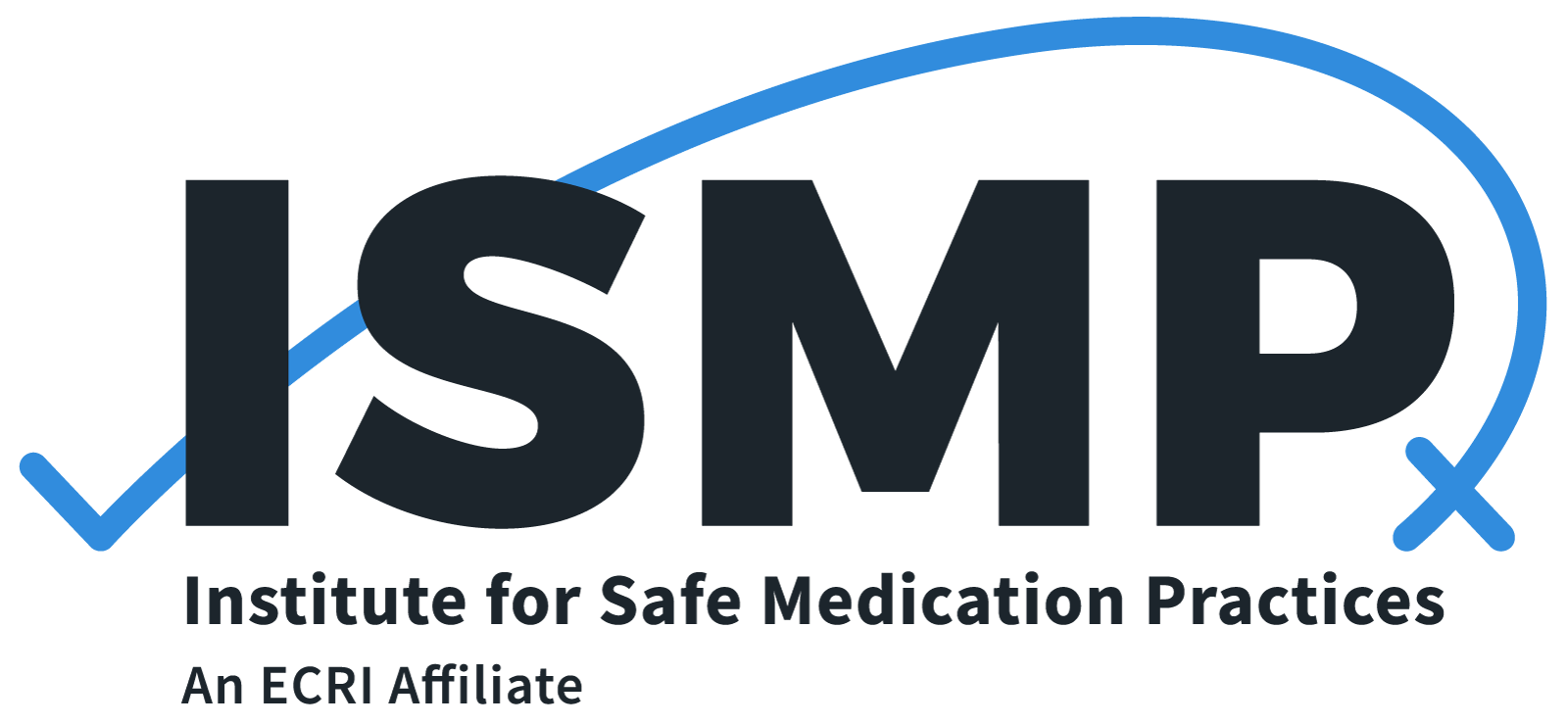The Institute for Safe Medication Practices (ISMP) has published a 2024 version of its high-alert medication list, which includes input from safety experts and a national survey. The main addition to the list is the inclusion of tranexamic acid injection, an antifibrinolytic that is used in a variety of hemorrhagic conditions to control bleeding, including postpartum hemorrhage.
ISMP published its first compilation of six “high-alert” medications in 1989, and those drugs are still on ISMP’s list today. High-alert medications are defined as those that bear a heightened risk of causing significant patient harm when they are used in error. Although mistakes may or may not be more common with these drugs, the consequences of an error involving them may be more devastating to patients.
“Respondents to ISMP’s 2023 survey indicated a higher level of recognition that some medications such as potassium phosphate for injection and oxytocin are considered to be high alert,” says Shannon Bertagnoli, PharmD, ISMP Medication Safety Specialist, Publications. “We are pleased to see that increasing level of awareness of high-alert status, since knowledge of risk and implementing safeguards can help prevent potentially fatal errors.”
Survey respondents shared that errors involving tranexamic acid for injection are frequently related to storage issues and mix-ups with look-alike medication vials, most often anesthetics that are also commonly stored in surgical and procedural locations. When accidentally administered via a neuraxial route, tranexamic acid injection is a potent neurotoxin with a mortality rate of about 50%, and almost always harmful to the patient.
ISMP has repeatedly warned about errors with tranexamic acid, including publishing a feature article in the ISMP Medication Safety Alert! Acute Care newsletter (www.ismp.org/node/8706) and issuing a National Alert Network (NAN) warning (www.ismp.org/node/20154).
For a copy of the 2024 List of High-Alert Medications in Acute Care Settings, visit ISMP’s website at: www.ismp.org/node/103
